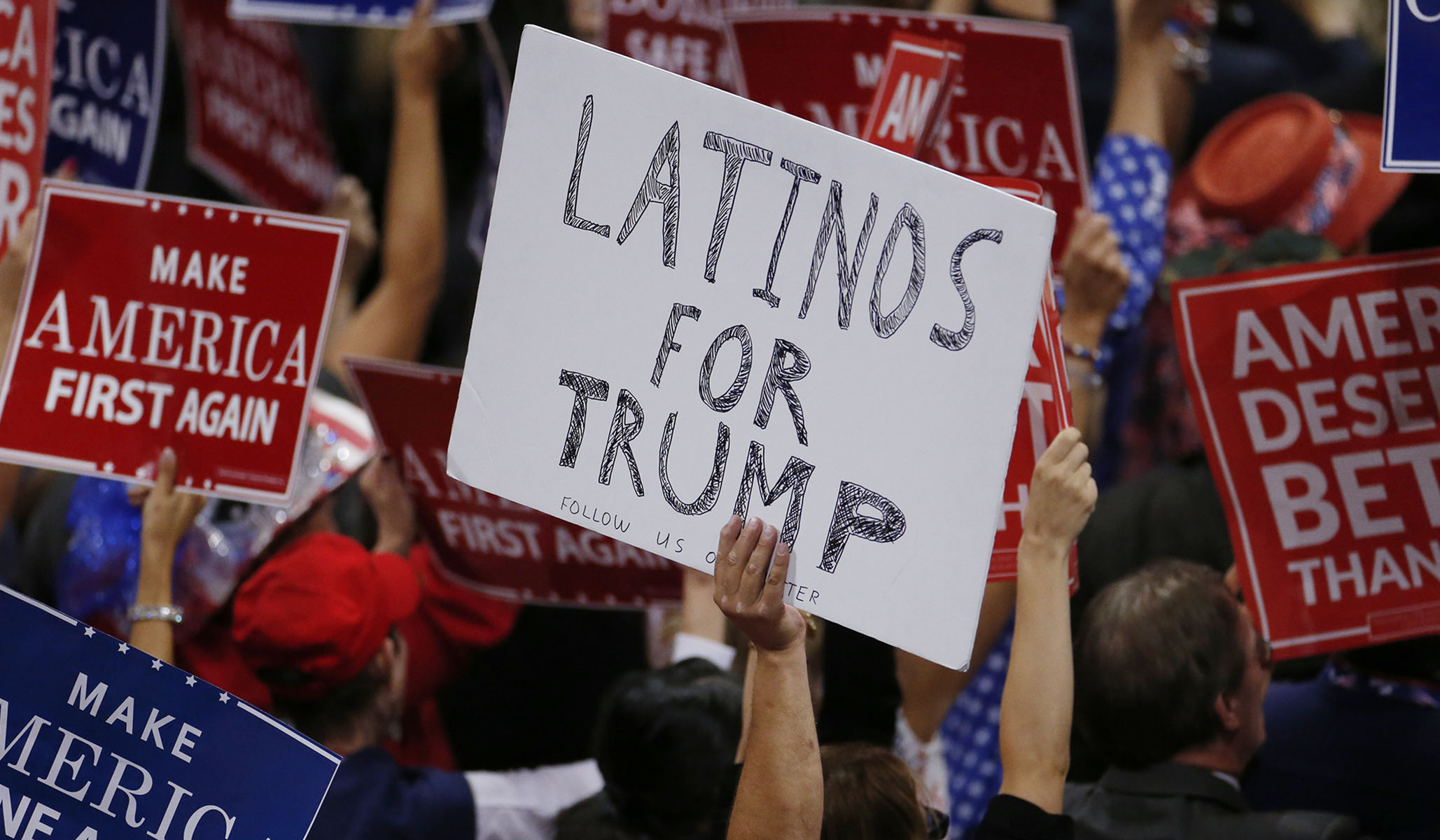This Monday, the GOP officially opened its fifth Hispanic community center in the nation on the southeast side of San Antonio. Its fourth in the nation — and its second in Texas — opened in the heavily Hispanic border community of McAllen earlier this month, on the heels of the August opening of the first Texas Hispanic outreach office in Laredo. Two more centers popped up in Doral, Florida, and Milwaukee in October and September, respectively.
Given the growing number of Republican-curious Hispanics — and the growing political necessity of the GOP reaching out to such voters to remain viable on the national stage — these centers are crucially important, and a welcome initiative on behalf of an institutional Republican Party that has often been sluggish or ham-handed in its attempts at making overtures to traditionally Democratic, nonwhite constituencies. As I wrote here last September, Hispanics “possess far more ideological diversity than partisans in either party establishment seem to believe.” By many metrics, they are far more culturally conservative than the modern Democratic Party line; on economics, they are certainly to the left of the national GOP, but so are many Republican base voters. A worker-friendly GOP that is friendlier to unions and and more skeptical of corporations — and an elite-oriented Democratic Party that is captivated by an increasingly extreme kind of cultural liberalism — could instigate a powerful rightward shift in the Hispanic electorate in the coming years.
To an extent, this is already happening. While Trump’s gains with Latinos on the national level were not quite the landslide that some had hoped for, he logged a healthy 8 percent increase in his share of the electorate from 2016 to 2020. And a state-by-state analysis shows a far more significant shift in Latino voters in certain areas of the country: While Trump lost a few points with Latinos in California and Pennsylvania, he gained twelve points with the demographic in Florida, 14 in Georgia, eleven in Ohio, and eight in Nevada. In Texas, he netted six, but the swings in the South Texas border communities were far larger: “Of the six counties in the entire United States where Trump made his biggest gains during [2016–2020], five were in South Texas,” NBC writes.
That’s good news, and the GOP should be eager to set up similar Hispanic outreach centers in the areas of the country where Latino communities have demonstrated their openness to the party’s message. In particular, Georgia and Ohio — the two other states where Trump improved his standing with Latinos by double digits outside of Florida — should be the target of an aggressive Republican ground game. At the risk of being naively optimistic, it seems as if the Latino alienation from the Democratic Party has been heightened by the Biden administration’s myriad failures: Yesterday’s Quinnipiac poll showed the beleaguered president polling at just 33 percent approval with Hispanics, compared with 51 percent disapproval. Republicans shouldn’t wait to capitalize on the opportunity.
